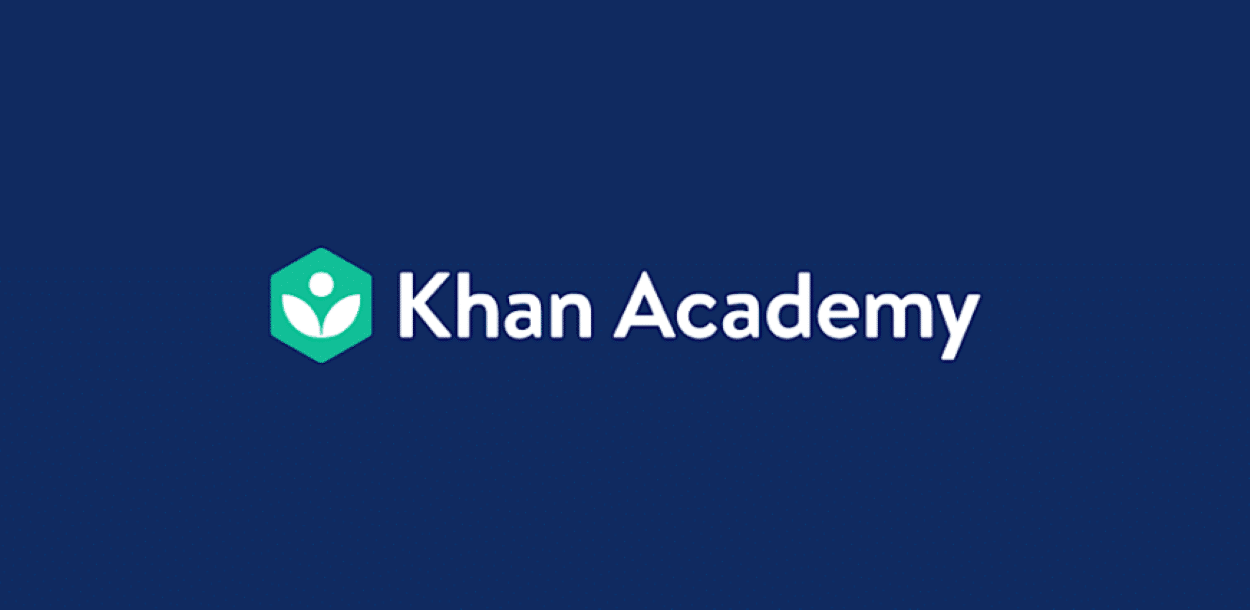Prominent educators, tech entrepreneurs, and business leaders have collaborated to bring Khan Academy, a global leader in free online learning, to Pakistan. This initiative aims to deliver world-class education powered by advanced AI technology.
Khan Academy Pakistan (KAP) officially launched at a Karachi hotel on Thursday. The event introduced “Khanmigo,” an AI-powered tutor designed to enhance teacher efficiency and improve student learning outcomes.
Zeeshan Hasan, CEO of KAP, remarked, “Today marks the beginning of a new era of educational innovation in Pakistan.” The inclusive initiative aims to collaborate with private and public schools, making quality education accessible to all. KAP plans to roll out a pilot program next year, starting with teachers and expanding to students. The program will align its curriculum with national education standards, offering content in Urdu and regional languages, empowering teachers with advanced tools, and introducing Khanmigo to a wide student base.
KAP has partnered with leading organizations such as AKHUWAT, CARE Foundation, TCF, Aga Khan University, and others. It will also engage private school networks in the second phase of the Student Pilot by 2025.
Osman Rashid, Chairperson of KAP, stated, “Khan Academy Pakistan is a commitment to our children and future. By integrating AI and localised content, we aim to transform Pakistan’s educational landscape.”
Khan Academy, established in 2008, offers free resources in over 50 languages to learners in more than 190 countries. Its innovation, Khanmigo, combines AI capabilities with personalized tutoring and teacher support, making learning accessible and efficient.
The platform supports multiple devices, ensuring equitable access for students from diverse backgrounds. Its design focuses on promoting quality education through advanced technology and localized solutions.
Khan Academy Pakistan is a non-profit initiative by Jaglot, a collaborative effort of the Pakistani diaspora and local business leaders to address the nation’s critical educational challenges.






